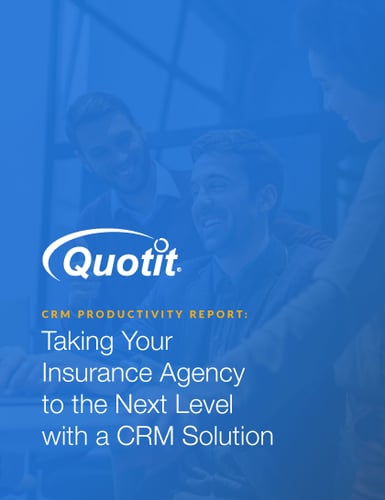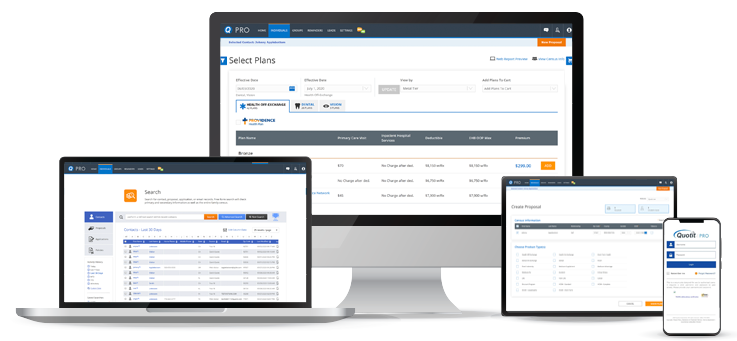CRM systems help insurance brokers and agents get more done in less time by curating all relevant client information in one central database. Instead of moving from platform to platform to find critical client information, you can access all of that data in one location.
This consolidated approach to data management enables brokerages, independent agents, and agencies to unlock several productivity-focused benefits. Let’s explore five of them.
1. Stay Organized With Segmentation
Leading insurance CRM solutions enable you to segment your client list by certain parameters. Maybe you want to see how many of your clients will age into Medicare over the next two years or what supplemental coverage they are able to receive.
With all of your client information stored in one location, it’s easy to track this.
A robust insurance CRM system also enhances your sales capabilities by allowing you to:
- Sell multiple products and ancillary coverage to clients in similar groups
- Increase your capacity to quote many clients and products via automated and segmented search results
- Search for clients by proposal, policies sold, policies soon to expire, date of last contact, and more with built-in filtering tools
Insurance CRM solutions also have advanced search and sorting tools that help you find clients with particular plans or particular carriers. This functionality is particularly important when plans are changing or carriers are removing plans and you need to act fast to get your client new coverage.
Insurance CRMs help you cover more ground in less time by keeping all information organized in an easily searchable manner – increasing your team’s effectiveness along the way.
2. Know When You Need To Follow Up
If you follow up with clients based on handwritten notes or gut instinct, you’re almost certainly letting some opportunities slip through the cracks. With CRMs for insurance agents and brokers in place, you will automatically know when your last contact was and when you need to follow up next – both when they reach out to you and when you reach out to them.
Today’s leading solutions will help you keep track of each interaction – whether it’s you calling a client, a client emailing you, or a prospect visiting your website.
When you’re equipped with this information, it’s easier to figure out the most appropriate and effective next steps for each client.
3. Use Automation To Send Out Targeted Messages
If you’re still counting on your memory to manage client outreach in a timely manner, at least some things are going to slip through the cracks – which is
a big deal because missing a single milestone can cause a client to start searching for new coverage.
With the right CRM, all of these messages can be automated. For example, you might configure your insurance CRM software to automatically email your clients to remind them that their policy renewal date is two months away, then one month away, then two weeks away, then one week away.
As a result, you won’t miss any important opportunities for outreach – and you’ll have more time to focus on other growth opportunities.


